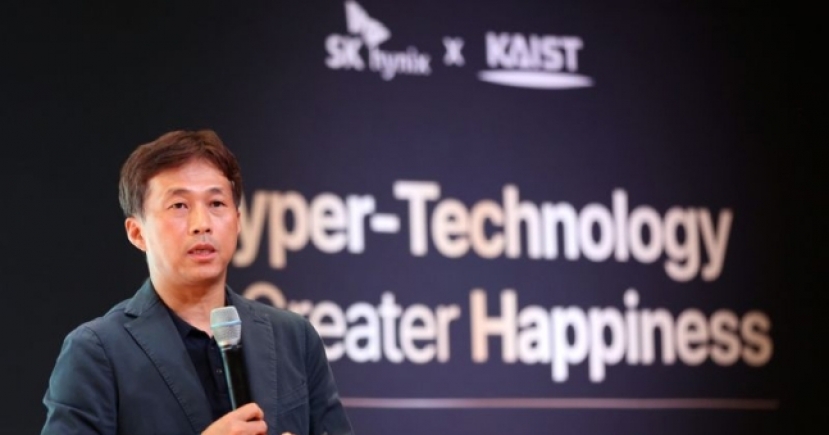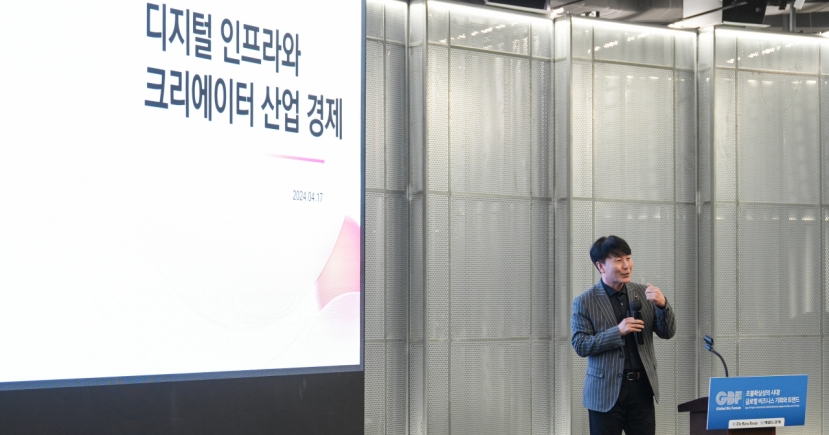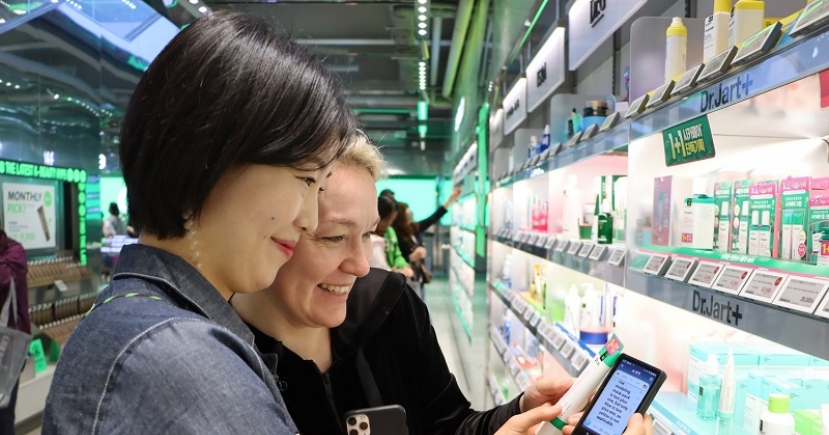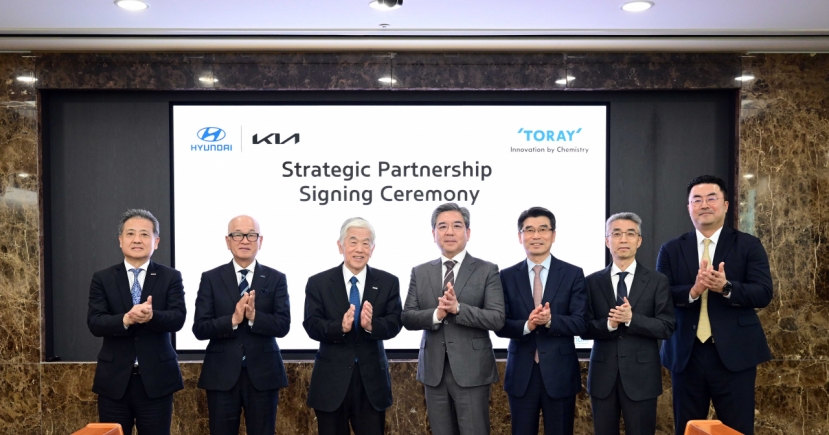Economy
Korean FEZs offer gateway to ramp up biz in NE Asia
This is the first of three articles on Korea’s free economic zones -- Editor.
[THE INVESTOR] Fifteen years after Korea first introduced free economic zones to attract foreign investors, the country is seeking to turn a new chapter by transforming them into innovation hubs specialized by industries and regions.
According to the second FEZ plan (2018-2027) announced early this month, Korea plans to further foster seven such zones across the country by leveraging their geographic advantages and world-class industrial capabilities. The government hopes to attract investments amounting to 80 trillion won (US$71.48 billion) from domestic and overseas companies, while creating 270,000 jobs by 2027.
For businesses that want to expand into other markets utilizing the advantages of Asia, Korea is an attractive choice. It is located between the world’s second-largest economy China and third-largest Japan. There are 147 Northeast Asian cities with more than 100 million population accessible within a direct three-hour flight.
While Korea plans to provide an optimal environment for deregulation and new emerging industries at all the locations, the country’s first FEZ at Incheon is striving to be the base of emerging MICE (Meetings, incentives, conferences and exhibitions) and bio-health industries.
IFEZ, encompassing Songdo, Yeongjong and Cheongna, as well as Incheon Airport, already is home to Korea’s leading bio companies such as Celltrion, Samsung BioLogics and Merck, a German multinational pharmaceutical, chemical and life sciences firm. The cluster for bio-medical will add 990,000 square-meters to the existing 910,000 square meters and Songdo has 560,000 liters of annual output capacity.
 |
Songdo International City, part of Incheon Free Economic Zone |
“In the era of the fourth industrial revolution, we will continue to host the world’s best and largest bio-health complex, and attract 35 more international organizations to make Incheon Asia’s Brussels,” said IFEZ Commissioner Kim Jin-yong.
IFEZ has15 international organizations including the World Bank Korea office and United Nation Project Office on Governance, along with 2,100 companies and educational institutions.
A global business city optimized for international business, IT, R&D, and high-tech and financial industries, IFEZ has attracted an accumulated US$11.8 billion in foreign direct investment, according to the IFEZ Authority.
Another FEZ boasting Korea’s world-class industry competitiveness is the Yellow Sea FEZ.
Established in 2008, the YESFEZ is located close to Pyeongtake Port, a Northeast Asian logistics hub, and includes the two districts of Poseung and Hyungduk in Gyeonggi Province.
The YESFEZ, home to 3,350 global companies, boasts industrial complexes that host display and semiconductor facilities of LG Electronics and Samsung Electronics and assembly lines of Hyundai Motor, Kia Motors and SsangYong Motor.
By utilizing world-top technologies, it aims to be a base for the automobile and semiconductor industries for foreign businesses. As part of the plans, it offers Pyeongtaek BIX, 47,000 square meters of land in the port city, and gives priority for land to Korean auto part makers and machine manufacturers that have received foreign investments.
It also showcases itself as a China-friendly FEZ, linking to major ports in the country. Pyeongtaek Port, for instance, is connected to China’s Lianyugang Port, Dailian, Shanghai, Weihai and Qingdao, which have railway facilities linked to the Trans-Siberian and Trans-China railways.
“Korea’s major companies like Samsung, LG, Hyundai and Kia have created clusters in the area where they are engaged in energetic business activities,” said YSFEZ Commissioner Lee Hwa-soon. “It also has great advantages for China-related trade and logistics as global companies can benefit from the Korea-China free trade agreement.”
By Park Ga-young (gypark@heraldcorp.com)








